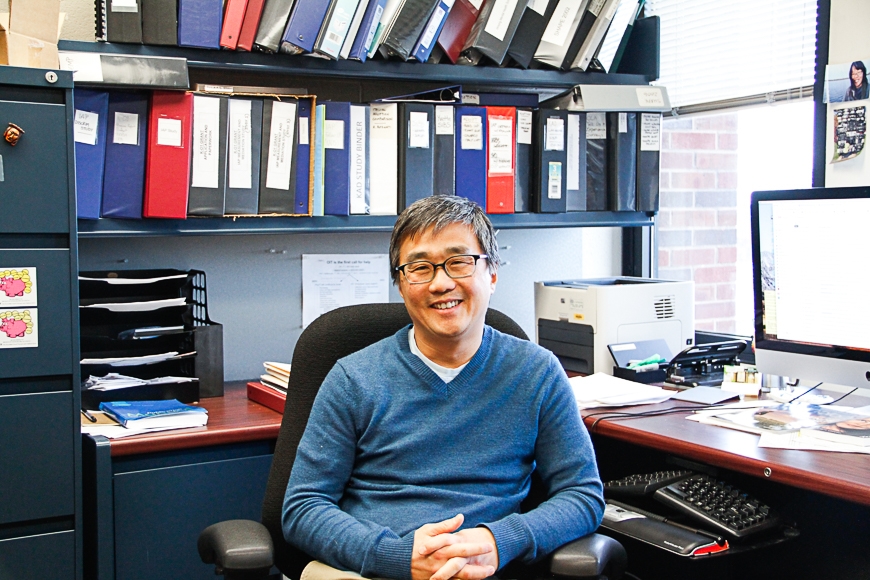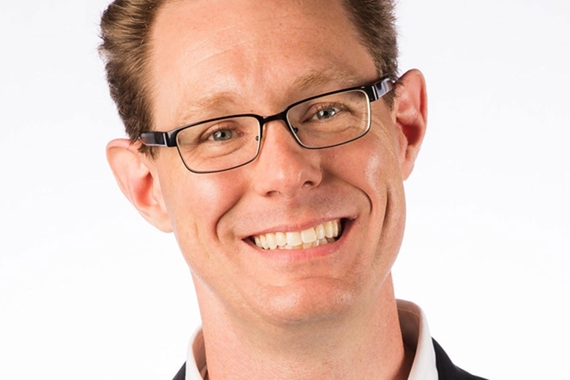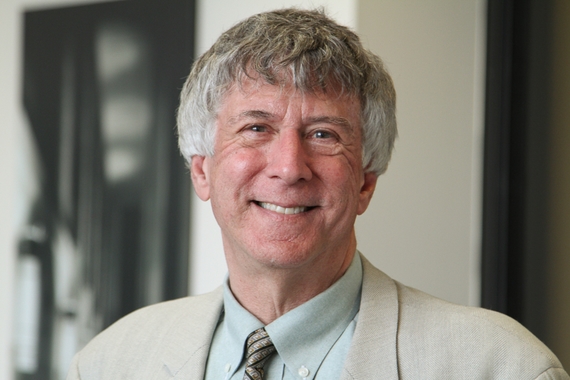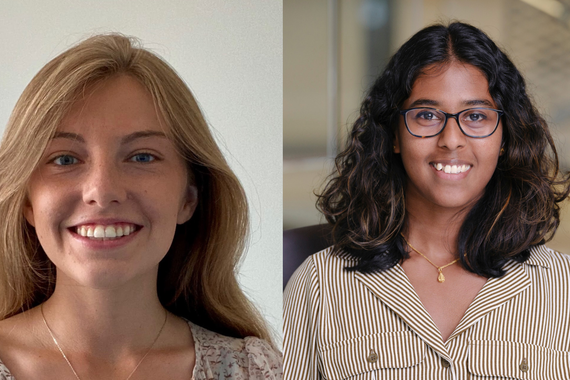Bridging a Health Gap, One Text At a Time
The United States healthcare system is already complex and difficult to navigate. And it can feel next to impossible for people who are new to the country or whose first language is not English.
In these circumstances, “patients often face significant personal and practical challenges that create barriers to receiving appropriate health care,” says psychology professor Dr. Richard Lee. In addition to not knowing how to best navigate the US healthcare system, these challenges chiefly concern monetary issues, language barriers, and transportation difficulties in Minneapolis’ Cedar-Riverside neighborhood, where 45% of the population is foreign-born, and the median household income is $15,193, compared to $46,075 in other neighborhoods of Minneapolis.
A cross-disciplinary team of University of Minnesota faculty in collaboration with community and cultural organizations is piloting a program to help improve child and maternal wellness among Somali families in Minneapolis’ Cedar-Riverside neighborhood.
Grassroots Movement
Dr. Richard Lee and a team of UMN researchers are combating this health gap in an ostensibly simple but demonstrably complex way. They are piloting a new e-communication system to help improve child and maternal wellness. Reminders for Readiness (R4R) is an SMS (text) messaging system for Somali parents of infants and toddlers in the Cedar-Riverside community. To make the text messages as effective and culturally appropriate as possible, Lee and the team partnered with the People’s Center Clinics and Services, a nonprofit community health center located near West Bank campus that was already working to increase its engagement with local families. By working together, they have the capacity to make R4R happen.
The messages include reminders to take time each day to read and play with children, to bring children to routine checkups, to get their immunizations, to eat fresh food as much as possible, and to get regular sleep. When culturally appropriate, some messages reference Somali and Islamic folk stories and religious teachings. To make the program even more accessible, the team also provides participants with an option to receive short audio messages instead of texts.
The team conducted over 25 “grassroots interviews” with public health and education experts working with the Somali community, Somali leaders and community organizers, and Somali parents, as well as assembled a community advisory board to ensure the study goals, methods, and actual text messages were culturally appropriate and responsive to community needs.
“Oftentimes researchers from predominantly White institutions make a plan and execute it and that’s the end of the process. When working with immigrant and racial minority communities, it’s important to take the viewpoints of the community members into account when developing research questions and implementing interventions. It’s important to learn the perspective of participants from other cultures rather than assume that they have the same Western or White views as the research institution,” says Lee, who provides his team with his expertise in community-engaged and culturally responsive research.
The Impact of Health Messaging
The project is funded by a Grand Challenge Research Initiative grant, a University of Minnesota program started by Executive Vice President and Provost Karen Hanson to address critical challenges of Minnesota and the world by means of collaborative research. R4R is the first e-communication system designed specifically to address child and maternal wellness among infants in racial and immigrant minority groups. It will be the springboard for current and future research with the potential to transform early childhood development through education, outreach, and community engagement in Minnesota and beyond.
“I am hopeful it will pay off in the long run... by strengthening the relationships between the patients and the medical staff at People’s Center,” says Lee. The next step of the project is to measure the impact of the messages on the frequency of health checkups. If successful, there is potential for programs similar to R4R to be adopted across the state and eventually the country.
This story was written by an undergraduate student in CLA.



